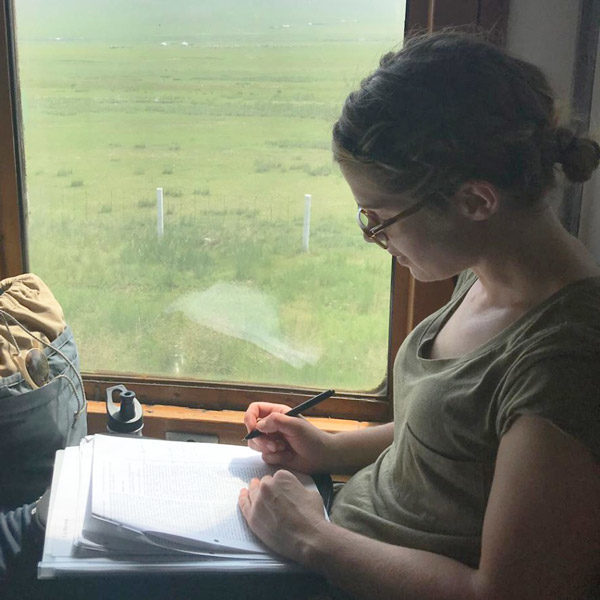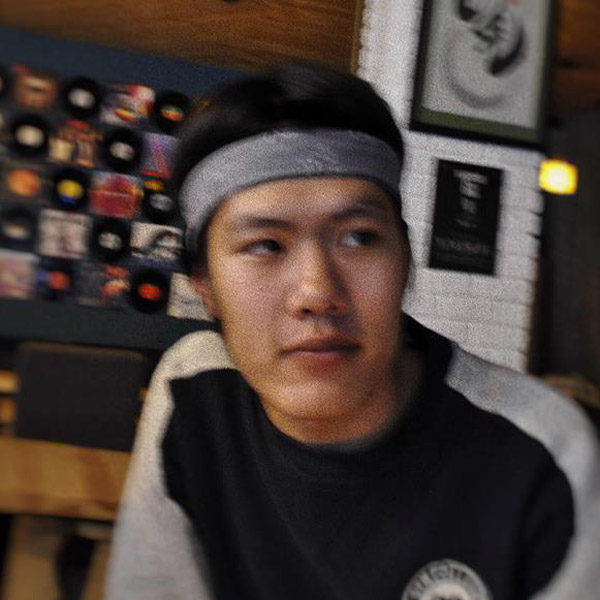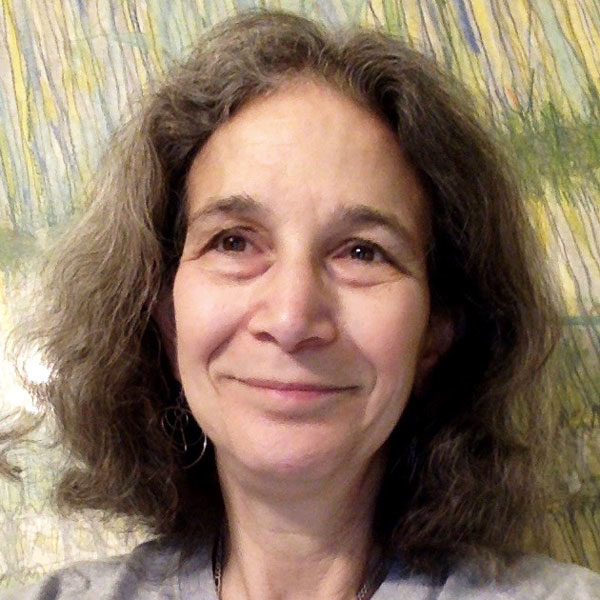Please note that this course is offered online for free as part of the Session 2 of ACMS Online Field School 2021. ACMS is planning to offer a field course in rural Mongolia in June 2022 that would provide participants an opportunity to put ideas from this course into action.
Click here to see all five courses of Online Field School 2021.
Understanding the Human Impacts of
Climate Change in Mongolia
with Annika Ericksen (PhD)
This course highlights Mongolians' lived experiences of climate change and related challenges. Case studies from other regions of the world will also be given for comparative purposes. Course content will draw primarily from research carried out by social scientists. One premise of the course is that scientific measures of climate change, though important, need to be complemented by qualitative data, for example, rural Mongolians' personal stories of climate change. Only such an interdisciplinary study of climate change can provide a complete picture of its challenges and serve as a solid basis for policy responses.
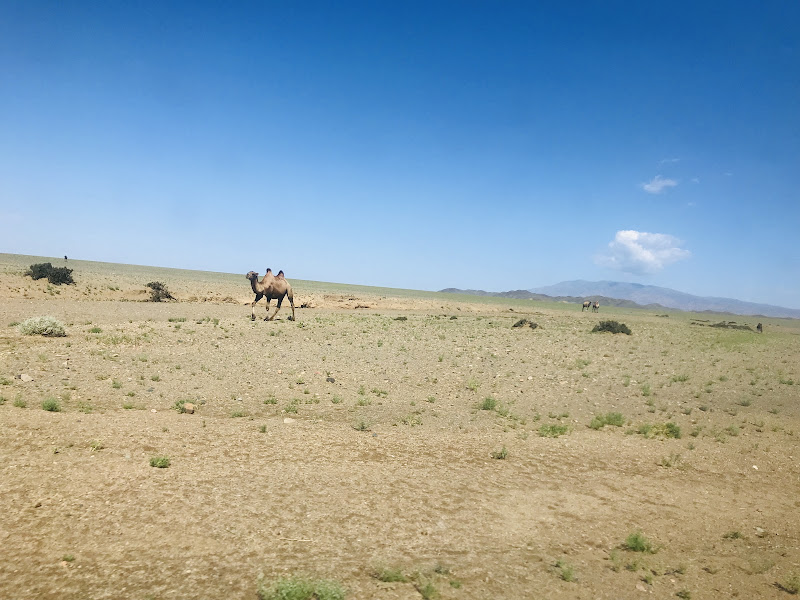
Recordings of lectures for all sessions available to enrollees on the online learning platform www.studymongolia.org
Course Overview
This course is for anyone interested in the human impacts of climate change, including students and professionals across academic disciplines, practitioners, and life-long learners.
Conduct 3-week series of twice-weekly lecture/seminar meetings with a length of 80 minutes, including live presentations from course instructor and asynchronous contents. Recordings of lectures for all sessions available to enrollees on the LearnDash platform www.studymongolia.org.
Session 1: Saturday, September 25, Zoom (8:30am PDT, 11:30am EDT, 17:30 CEST, 23:30 ULAT, meeting for up to 80 minutes). Introductions, overview of the course, and brief lecture and discussion. One goal of this course is that we get to know each other and gain from all the collective wisdom and curiosity in the group. On the first day, after describing the course and answering questions, I will ask participants to share some things about themselves, either with the entire class or (if the class is very large) in break-out groups. This course is intended to be highly participatory, and it will be useful for us to understand where others are coming from, in terms of their studies/training, their interest in climate change, and their knowledge of Mongolian culture. I expect we will have a mixed group, from novices to climate scientists, and from those with little knowledge of Mongolia to others who were born and raised in Mongolia. All are welcome and appreciated, and all perspectives are valuable.
Session 2: Wednesday, September 29, Asynchronous content, complete on your own time. Participants are asked to view the documentary film “The Anthropologist” (Ironbound Films, 2015), which is available to rent (about $3 USD) and stream online—links will be provided on our course page. After watching the film, we will discuss it through an asynchronous written forum (not live). I recommend that participants aim to complete the film and contribute to the discussion forum on Wednesday, if possible, to get the forum activity off to a good start. However, if that is not possible, you can still watch the video and post your comments on later days. There will be another opportunity to discuss the film in our live session on Saturday.
Session 3: Saturday, October 2, Zoom (8:30am PDT, 11:30am EDT, 17:30 CEST, 23:30 ULAT, meeting for up to 80 minutes). Lecture and discussion. This session will discuss several different research projects related to the human impacts of climate change in Mongolia that have been carried out by individuals or teams of social scientists. Links to relevant articles and reports will be provided on our course page beforehand, but the amount of reading you do is up to you. Also in this session, I will share details about the research process from my own personal experience, including strategies/methodology and lessons I have learned from carrying out fieldwork in rural Mongolia. Others with research experience who are interested in sharing their experiences or findings are encouraged to email me beforehand so that I can plan our time accordingly—your contributions are appreciated!
Session 4: Wednesday, October 6, Asynchronous content, complete on your own time. ACMS’ team at the Ulaanbaatar office is working hard to give our course new, recorded and translated interviews with Mongolian herders and/or experts talking about climatic and environmental changes they have witnessed and how those changes are affecting people’s lives and livelihoods. Pending completion by this date, we will view these interviews individually and then discuss and analyze what we have learned in an online (asynchronous) forum. Again, it is helpful if we all contribute to the forum on Wednesday, but later contributions will also be welcomed. The next live session will provide another chance to share reflections from the interviews.
Session 5: Saturday, October 9, Zoom (8:30am PDT, 11:30am EDT, 17:30 CEST, 23:30 ULAT, meeting for up to 80 minutes). Lecture and discussion. In this session the focus is on the relationship of qualitative interview data (e.g., herders’ testimonies) with scientific measurements of climate change. We will also look at how both types of data can be used to shape policy or nonprofit project objectives. In addition to Mongolia, we will also look at research in Native communities in Alaska for comparison as we discuss the interpretation and application of social science research. Articles and reports will be shared before class, but the amount of reading you do is up to you. Course participants with experience using research data to recommend or implement policies and practices are encouraged to share, and if you can email me beforehand, I will plan our time accordingly.
Session 6: Wednesday, October 13, Asynchronous content, complete on your own time. Our objectives in this final week will be determined based on the interests of courses participants. A few ideas: 1) in groups, course participants could design hypothetical research projects related to Mongolians’ experiences of climate change; group work could take place via Zoom at a set time on Wednesday or whenever and however group members are available during the week; 2) participants could carry out internet research on related topics of interest to them to share in our last class; you would work on this at any time during the week; 3) content could be provided on a topic not yet covered in the course that is of interest to participants.
Session 7: Saturday, October 16, Zoom (8:30am PDT, 11:30am EDT, 17:30 CEST, 23:30 ULAT, meeting for up to 80 minutes) Lecture and discussion. Participants will share and discuss their discoveries from group and/or individual work carried out earlier in the week. We will also reflect on take-away lessons from our course and our individual potential next steps (if any) for our studies, research, climate activism, etc.
Instructor
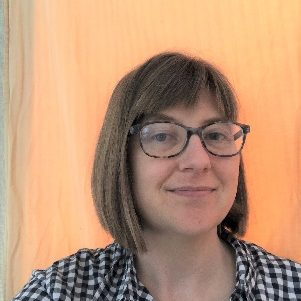
Annika Ericksen, PhD
